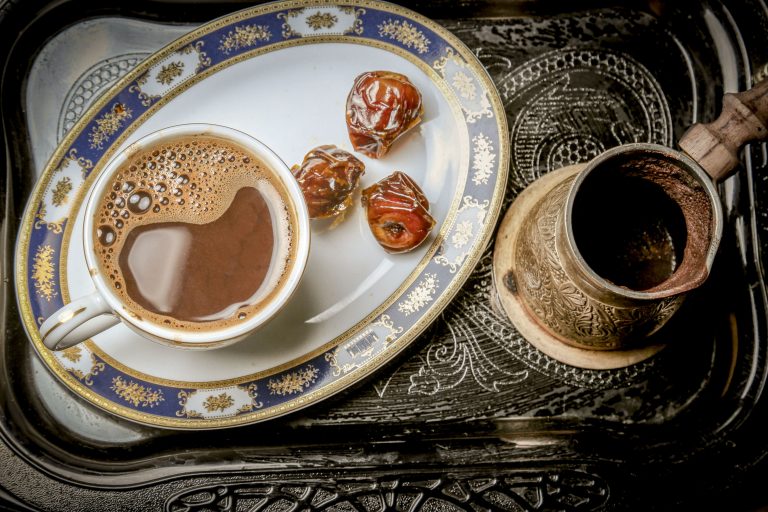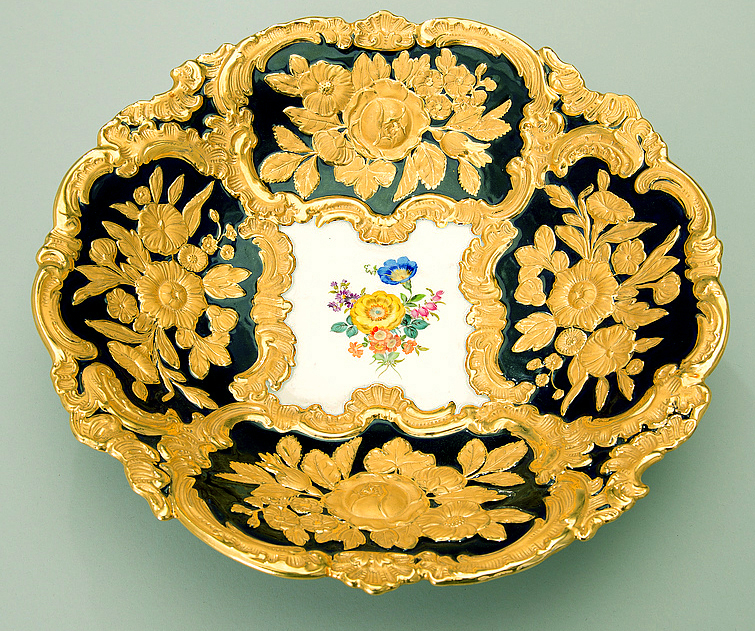Rich in cultural traditions and ancient heritage, modern-day India still upholds dozens of seemingly-superstitious beliefs. Those who shun them may not realize that they are rooted in the practical wisdom of our ancestors.
Some of the most prevalent Indian superstitions have fascinating cultural foundations or little-known logic behind them. Let’s take a look.

Superstitious belief: Hanging lemon and green chilies at doorways wards off evil spirits.
Lemons and chilies are natural insect repellents. Hanging them at doorways can help prevent insects from entering the house.
In addition, the belief in warding off evil spirits might create a sense of psychological comfort and security for the inhabitants.
Superstitious belief: Sweeping the house after sunset will drive away wealth and good fortune.
In India, people have the belief that at dawn and dusk, gods would visit their homes. It is said to be unlucky to sweep during that time because doing so is equivalent to driving the gods away.
Success
You are now signed up for our newsletter
Success
Check your email to complete sign up
Moreover, in the past, households relied on natural light. Sweeping after dark could lead to losing small, valuable items in the dim light. This notion pushed people to finish their household tasks in the daylight when they could see clearly.
Superstitious belief: A twitching eye indicates bad luck or good luck, depending on the eye and gender.
Several physiological conditions, such as stress, weariness, or ocular strain, can result in twitching of the eyes. Associating a twitch with omens may have encouraged people to pay attention to their health and well-being.
The differentiation in gender may be related to the ancient concept of mutually dependent polarities. In Sanskrit this is known as Ling and Yoni (male and female), which may have contributed to the widely known principles of Yin and Yang.
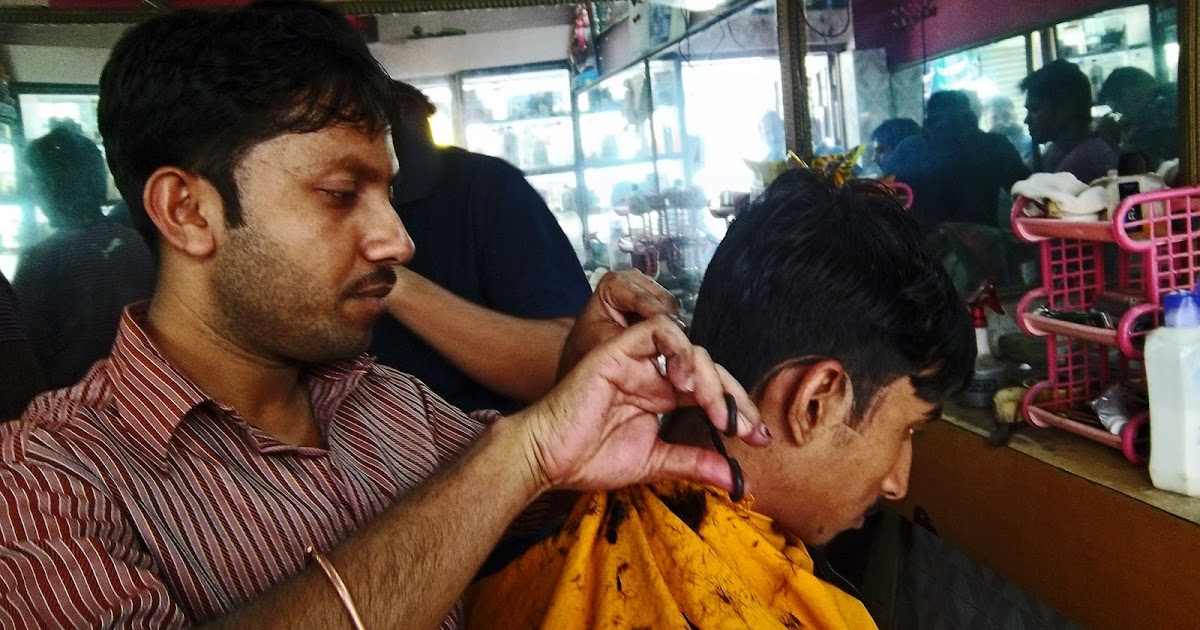
Superstitious belief: Cutting hair on certain days brings bad luck.
By refraining from getting haircuts on days designated for religious and ceremonial activities, one could satisfy the Divine by concentrating on the sacred rites rather than on themselves.
Additionally, the home is thoroughly cleaned for days of worship, or puja. Haircuts generate small clippings that are hard to remove. They may follow a person around, thereby soiling the clean house.
Superstitious belief: A cat (especially a black one) crossing your path brings bad luck.
This widely adopted superstition is a product of the Inquisition which took place in medieval Western Europe.
According to Luciferian confessions (taken under torture), they were forced to kiss both a large toad and a cat before taking part in satanic rituals. This evidence caused Pope Gregory IX to declare war on cats, and they have largely been viewed with mistrust ever since.

Superstitious belief: Spilling salt brings bad luck
Salt was a valuable commodity in ancient times. Spilling it was considered wasteful and potentially costly, and the act served as a warning to take care in managing resources.
Spilling salt is also a metaphor for squandering money, with the amount of salt lost being a direct correlation to the amount of money that will be squandered.
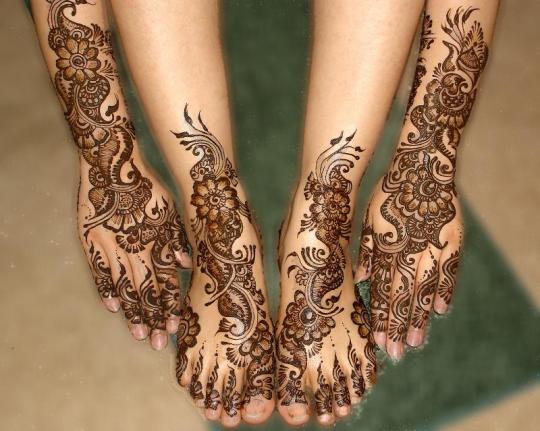
Superstitious belief: Applying henna on hands and feet brings good luck and wards off evil.
Henna has cooling properties and is used in hot climates to cool the body. It also has antifungal and antibacterial properties, and can promote healthy skin and hair.
All these favorable qualities may have prompted the ritual use of henna, with their effects perceived as “good fortune.”
Superstitious belief: Sleeping with your feet facing south can bring bad luck, interrupt your sleep, or even be fatal.
According to geomagnetic theory, when one sleeps with their head north and their feet pointing south, it runs counter to the earth’s magnetic field, causing interference in the mind and body. One’s quality of sleep may be affected, resulting in various problems.
It has been observed that animals naturally align themselves with the Earth’s magnetic field when sleeping and eating. Many believe that we would benefit from doing the same, especially since some prominent individuals are recorded as having passed away sleeping in the “wrong” direction.
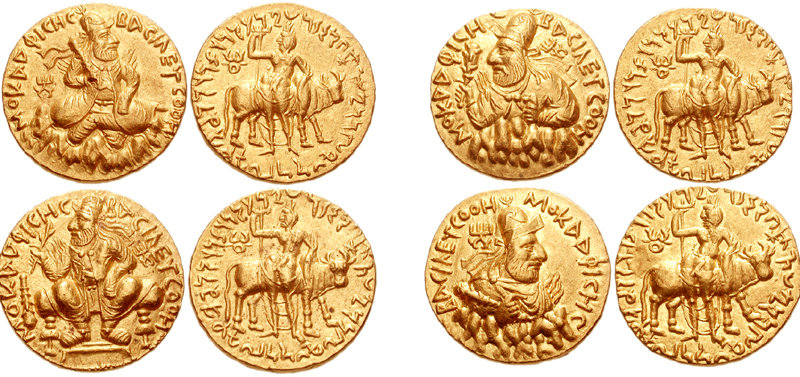
Superstitious belief: Throwing coins into rivers brings good luck.
India has been minting coins since the first millennium BC. At this time they were mostly made of either copper, silver or gold.
All these metals have antimicrobial properties. Throwing them into water sources may have helped purify the water, thus promoting public health.
Superstitious belief: Cutting nails after sunset brings bad luck.
Cutting nails in low light might result in small cuts that could become infected. The nail fragments, if not visible for cleanup, could also attract pests.
Before the advent of electricity, this belief encouraged people to groom themselves in the daytime, and thus prevented such small misfortunes.
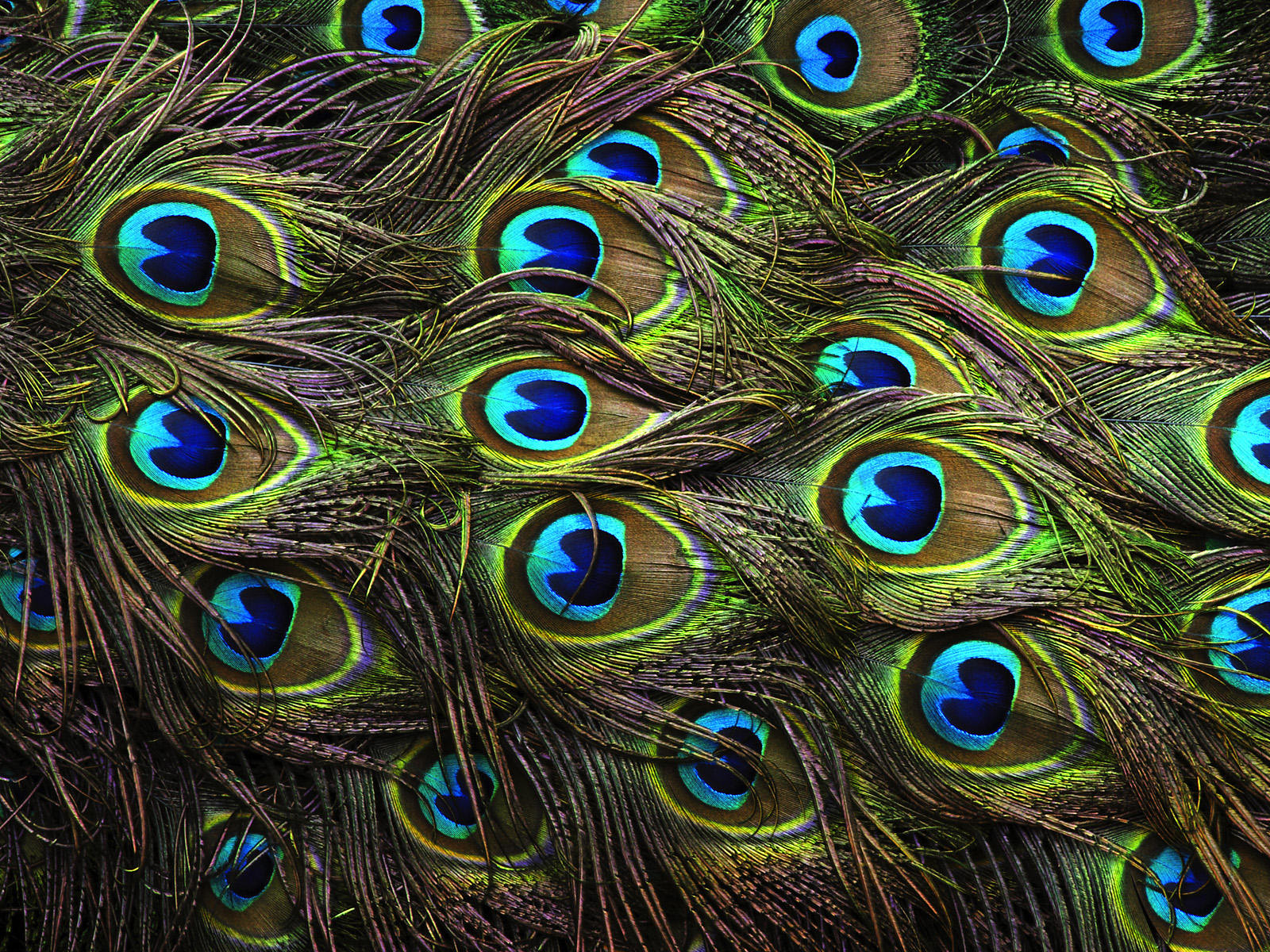
Superstitious belief: Placing a peacock feather in books ensures knowledge and success.
Peacock feathers are believed to naturally deter pests like silverfish, which can damage books. Keeping a peacock feather between the pages thus preserves the integrity of a book.
As a source of knowledge, books are treated with reverence. Peacock feathers, with their ocular markings, are both a symbol of protection and wisdom; and using them in books is a sign of respect and proper maintenance for them.
As you can see, most superstitions have at least a whisper of wisdom. Next time you are encountered with a belief that’s hard to believe, why not be an explorer, and find out how it came about?




